Order Potted Rose Bushes Now For July Delivery
Pre-Order Bareroot Roses For 2025/26 Winter Season
High quality rose bushes are among the most popular British garden plants, often with beautifully scented and always sumptuous looking flowers beginning in late May with some varieties still going strong into the foothills of winter.
Roses are enormously tough, transplant reliably, tolerant of a range of conditions and soil types and respond well to pruning.
- Bareroot roses cost and weigh less than pot grown. They usually need less watering in their first year, and will generally outgrow their potted equivalents.
- Pot grown plants give you a longer planting season, make for prettier gifts (especially our gift wrapped roses!), and will grow happily in their pots if planting is delayed.
- Some varieties are only delivered in pots, others are delivered bareroot in winter and in pots the rest of the year.
Almost all our roses are grafted, using the best rootstocks. The young plants are grown in heavy clayey soil with masses of organic matter to give them the perfect conditions to grow into well-shaped plants with strong roots.
- Order now, pay later: we don't charge your card until before delivery
- When your order is ready: your mail order rose bushes are delivered by next working day courier (not the next working day after ordering!)
- Friendly support: if there is anything wrong with your plants when you inspect them, Contact Us within 5 working days
All bareroot plants are covered by our Refund Guarantee, so you can give them a whirl with complete confidence.




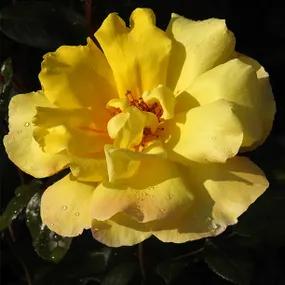
 3.webp)
 2.webp)
 3.webp)
 1.webp)
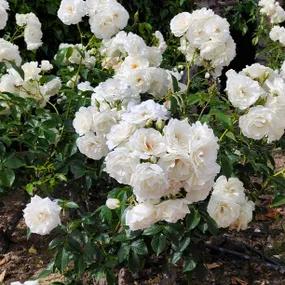
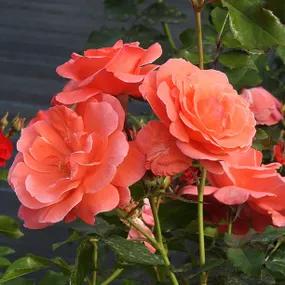
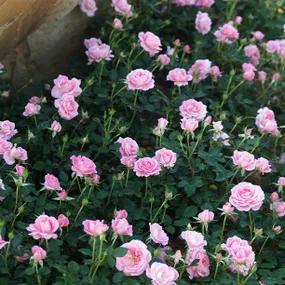
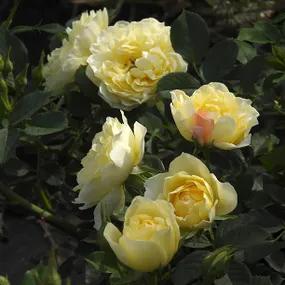
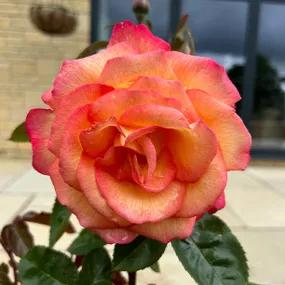
 2.webp)
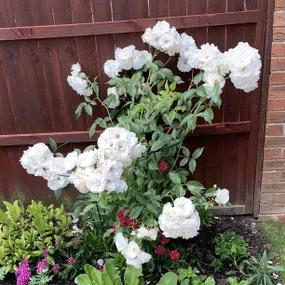
 2.webp)
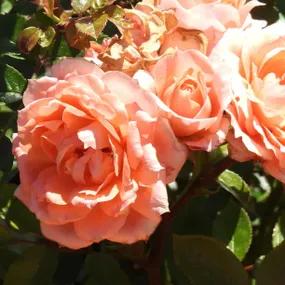
 3.webp)
 1.webp)